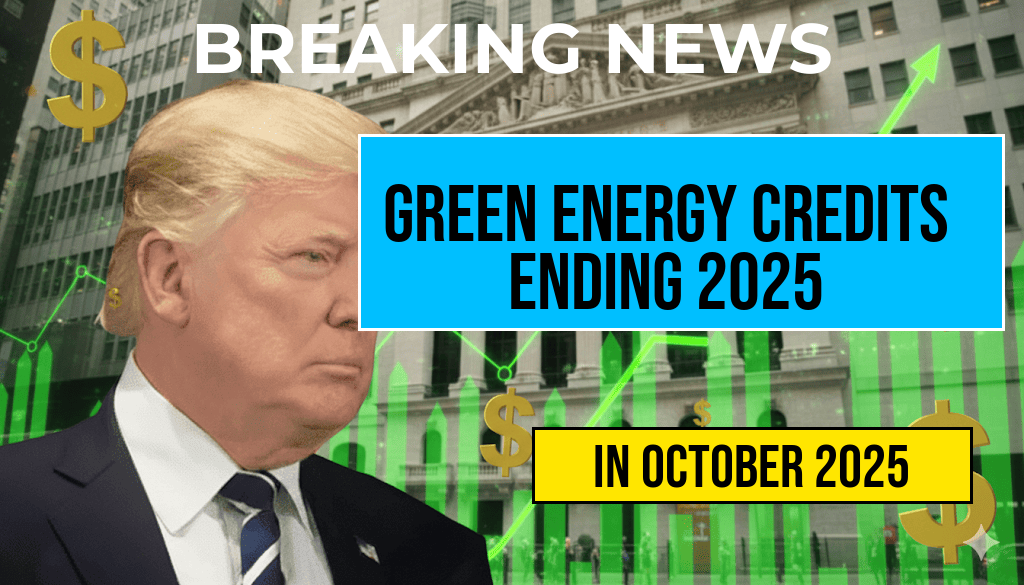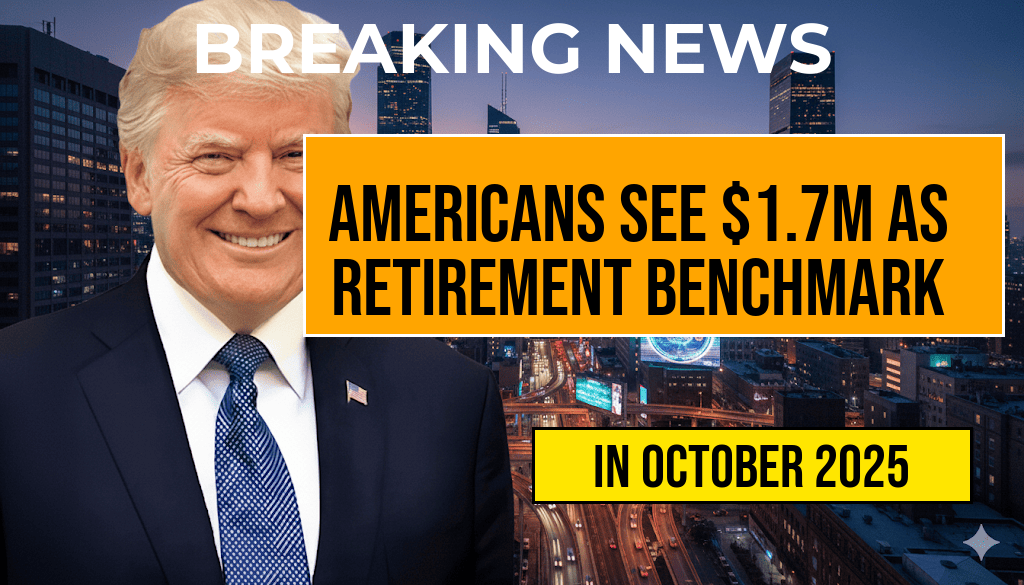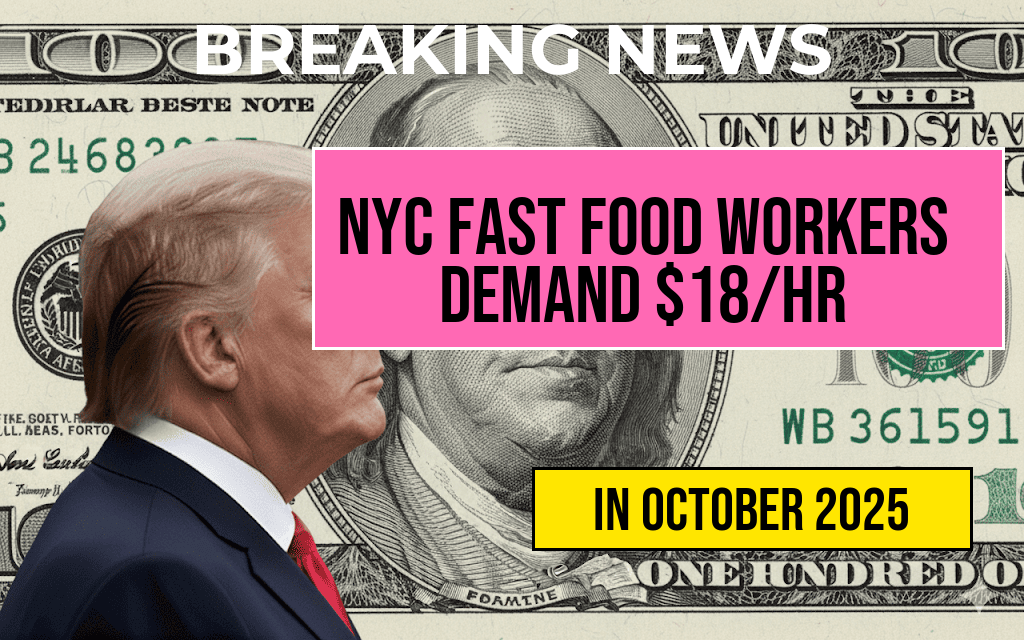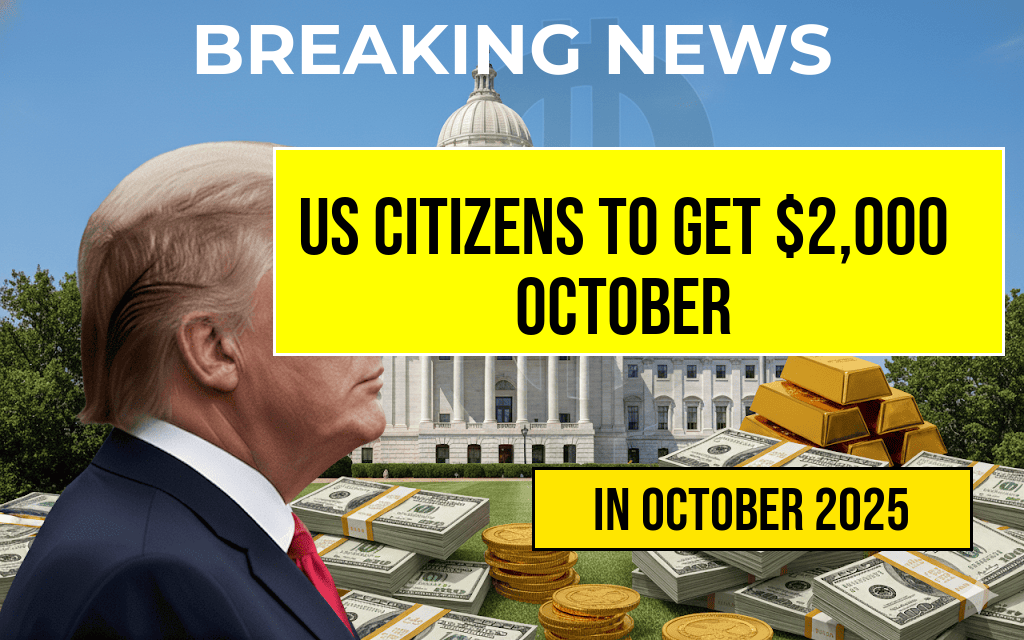Homeowners and industry stakeholders are closely watching the expiration of green energy credits set for 2025, a move that could significantly impact the landscape of residential renewable energy investments. These credits, which have historically offered substantial tax incentives for installing solar panels, wind turbines, and other renewable systems, are scheduled to end for new projects in just a few years. As policymakers and consumers assess the future of green energy subsidies, understanding the scope and implications of this expiration becomes essential for anyone considering residential renewable upgrades. This article explores the timeline, potential consequences, and alternative pathways for homeowners involved in or contemplating renewable energy projects as current incentives phase out.
Understanding the Current Landscape of Residential Green Energy Incentives
Federal tax credits, particularly the Investment Tax Credit (ITC), have long served as a catalyst for expanding residential renewable energy adoption. Established in 2006 and progressively expanded over the years, the ITC offers a percentage-based deduction on the cost of solar energy systems. In recent years, this incentive has been instrumental in reducing the upfront costs for consumers, making solar more accessible nationwide.
As of 2023, the federal government has extended the ITC at a 30% rate for systems installed through 2032, with a scheduled step-down after 2033. However, some other green energy credits and specific state-level incentives are set to expire or change in the next two years, notably impacting the current momentum for renewable projects.
The Significance of the 2025 Expiration
The impending expiration of certain green energy credits in 2025 primarily refers to targeted tax incentives for specific renewable technologies and programs designed to encourage early adoption. While the federal ITC remains extended through 2032, several state-level credits, grants, and bonus depreciation benefits are slated to end or diminish by 2025. These reductions could lead to a notable slowdown in new residential renewable energy installations, especially among homeowners who rely heavily on these incentives to offset initial costs.
For example, states like California, New York, and Texas have historically offered supplementary incentives, rebates, or credits that are scheduled to expire or reduce in 2025. The potential loss of these benefits may influence homeowner decisions, especially as the cost-benefit calculus shifts without the buffer of additional incentives.
Impacts on Homeowners and the Renewable Sector
Financial Considerations
- Upfront Costs: With incentives waning, the initial investment for residential solar or wind systems could become less financially attractive.
- Return on Investment: Reduced incentives may extend payback periods, making some projects less appealing without alternative subsidies.
- Market Dynamics: A potential slowdown in new installations could influence the supply chain, affecting costs and availability of equipment.
Policy and Market Responses
- State-Level Initiatives: Some states are exploring or expanding their own incentives to counteract federal reductions, though coverage and generosity vary.
- Private Sector Engagement: Solar companies and financiers may increase promotional efforts or offer financing solutions to maintain project viability.
- Consumer Awareness: Homeowners are encouraged to act sooner rather than later to capitalize on existing benefits before they diminish or expire.
Alternatives and Future Outlook
| Incentive Type | 2024 | 2025 and Beyond |
|---|---|---|
| Federal Investment Tax Credit (ITC) | 30% for systems installed through 2032 | Same, with scheduled step-down after 2033 |
| State-Level Incentives | Available in many states, some expiring in 2025 | Potential reductions or eliminations without renewal |
| Local Rebates and Grants | Active in select regions, varying by locality | Likely to be phased out or reduced in many areas |
While the federal ITC offers a long-term benefit, the expiration of other incentives emphasizes the importance of strategic planning for homeowners contemplating renewable upgrades. Industry experts suggest that those considering solar or wind installations should evaluate their options promptly, as waiting could result in higher net costs once additional incentives are no longer available.
Looking ahead, policymakers are debating the future of green energy incentives. Some advocate for continued or expanded support to meet climate goals, while others emphasize market-driven solutions. The upcoming changes highlight the need for homeowners to stay informed about evolving policies and to consult with renewable energy professionals to optimize their investments.
For more in-depth information on federal renewable energy incentives, visit Wikipedia’s page on the Investment Tax Credit. Details on state-specific programs can often be found through local government websites or dedicated renewable energy portals like Solar Energy Industries Association.
Frequently Asked Questions
What are green energy credits and how do they benefit homeowners?
Green energy credits are incentives provided by the government to encourage the adoption of renewable energy sources. For homeowners, these credits can significantly reduce the upfront costs of installing solar panels or other green energy systems, making sustainable energy more affordable.
When do the residential tax incentives for green energy credits expire?
The current green energy credits for residential installations are set to expire in 2025. After this date, homeowners may no longer be able to claim these tax benefits, potentially increasing the net cost of installing renewable energy systems.
What should homeowners do before the green energy credits expire?
Homeowners interested in taking advantage of the green energy credits should consider installing qualifying renewable energy systems before 2025. Consulting with a tax professional or renewable energy specialist can help ensure eligibility and maximize potential savings.
Will the green energy credits be replaced or extended beyond 2025?
As of now, there are no official announcements regarding the extension or replacement of the green energy credits. Stakeholders and homeowners should stay informed about policy updates that could impact future incentives.
How can I determine if my renewable energy installation qualifies for tax credits?
To determine qualification, review the specific requirements outlined by the IRS and consult with a certified installer or tax advisor. They can help verify that your solar panels or other green energy systems meet the criteria to claim the credits before they expire.





